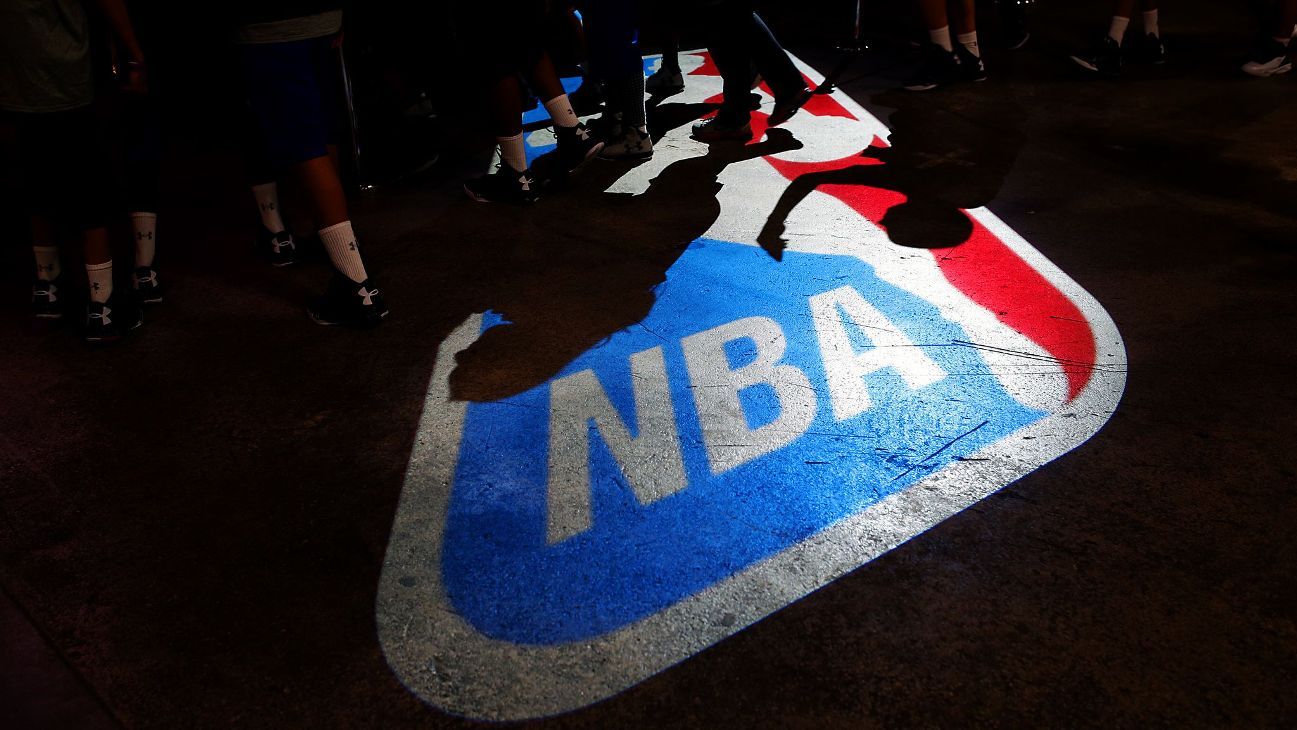Those behind this weekend’s All-Star Game in Atlanta view the event as something bigger than just basketball.
To that end, as part of this year’s festivities, the NBA will provide more than $3 million in support to historically Black colleges and universities (HBCUs) through the Thurgood Marshall College Fund (TMCF), the United Negro College Fund (UNCF) and Direct Relief’s Fund for Health Equity.
The goal is to bring a spotlight to HBCUs, one that will be on display in every event Sunday in Atlanta — the slam dunk and 3-point contests, the skills challenge and the All-Star Game itself.
Players on Team LeBron James or Team Kevin Durant will compete for either TMCF or UNCF as their beneficiaries, with each organization receiving an initial $500,000 contribution and a total of $1.75 million spread between the two. At the end of each of the first three quarters, an additional $150,000 will be awarded to the leading team’s selected organization. And a remaining $300,000 will be awarded to the organization of the team that first reaches the Final Target Score in the untimed fourth quarter.
The money will provide scholarship funding for HBCU students.
“I’m trying to bring awareness to a lot of the HBCUs out there,” said Phoenix Suns All-Star and National Basketball Players Association president Chris Paul. “I have a class at North Carolina A&T. My brother and my AAU team have been doing calls with different coaches at HBCUs. It’s the education of it. In doing this, I’ve been able to learn a lot. … I’m just trying to bring awareness to not only myself but other people about these HBCUs that I think a lot of time get overlooked. I just want to tell our players great job — great job doing what you’re doing and we’re going to continue to make change with action.”
In addition to the All-Star Game itself, HBCUs will benefit from the skills challenge and slam dunk and 3-point contests.
The three slam dunk participants will represent an HBCU, with the winner earning an additional $100,000 to help with the TMCF COVID-19 HBCU Emergency Fund.
The six skills participants will represent HBCU schools from different states. Students there will get a $35,000 donation through UNCF’s Emergency Student Aid program, and the winner of the skills competition will get an additional $40,000 for the school he represents.
During the 3-point contest, money balls will garner a $3,500 donation, shots from a certain area will merit a $5,000 donation, and the sponsor of the event, Mountain Dew, will award $100,000 in scholarships to two students during the event.
Those behind the scenes this weekend believe a successful event will raise awareness on the significance of HBCUs, which outweighs the criticism held by some in the league of holding such festivities during a pandemic.
“More people will be aware of the fact that our students are at risk of not being able to complete, largely because of finances. Our community is the most impacted,” said Dr. Michael Lomax, President of United Negro College Fund. “The students at HBCUs, there’s 75 percent of them that are low income and that means they and their families are the most at-risk of COVID, but they’re also the most at-risk of white supremacy and anti-Black racism.
“Let me just say, I hear the criticism, but this is a game with a purpose. And the purpose is to help Black college students stay persistent to complete. I think that’s worth it.”

